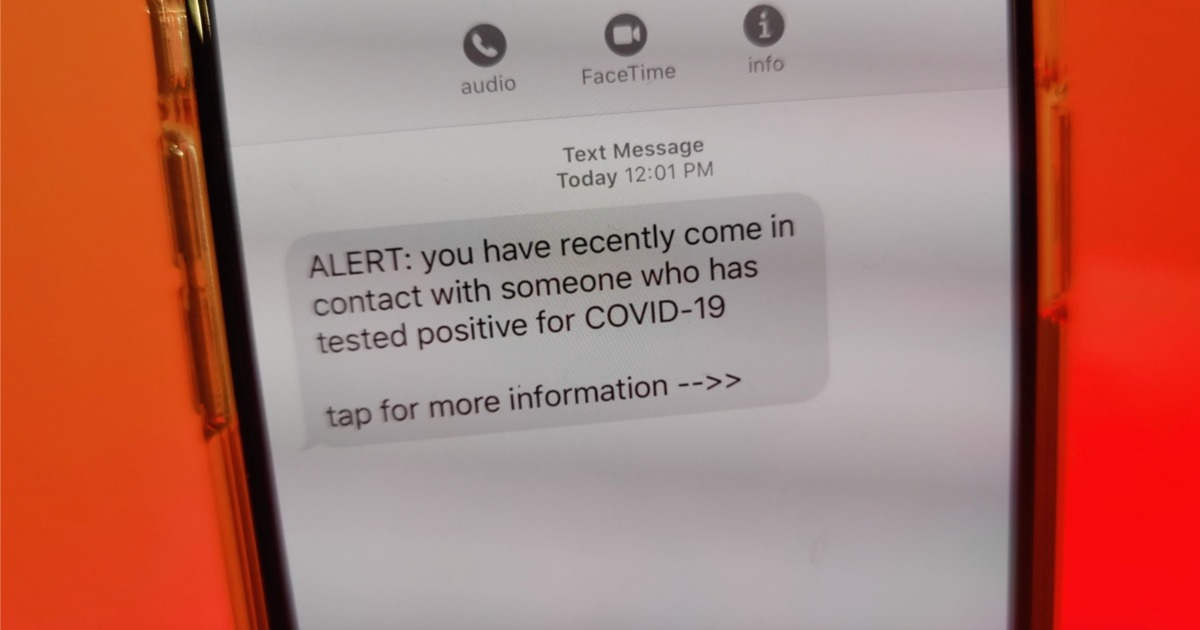Apple and Google: two names you don’t generally see in a joint effort. But here they are, teaming up to fight the spread of coronavirus in a novel way. They have a plan to use Bluetooth signals emitted by iPhones and Androids to alert people who might have come into contact with the disease.
Follow Tech Reporter Rich DeMuro on Instagram for more tech news, tips and gadgets!
Ever since the companies announced the plan, many have been wondering if it could help shield us from the nastiness of this virus but keep our privacy in check.
To get some answers, I got in touch with Matthew Green, a cryptographer and security technologist who is an Associate Professor of Computer Science at Johns Hopkins University.
“The idea here is that it’s more of a voluntary system – we want to build a system where nobody can track me without my permission, but at the same time, if I am infected, I need to be able to tell every person that I went by so they can find this out,” explained Green. It sounds like no simple feat.

The system Apple and Google are using is referred to as contact tracing. Usually, this is a manual procedure. Your doctor tells you you’re infected and you go through your list of contacts and tell those you were close with that they were likely exposed. But there’s no way we can easily do that for everyone we linger near for more than a passing moment.
Which is where your phone comes in. Apple and Google’s system uses low energy Bluetooth to keep a record of every nearby phone.
GPS isn’t used so user identities and locations are kept private.
Under the plan, phones will emit a random number, called a key, that changes about every 15 minutes.
When two phones are near each other for long enough, e.g., you sit on a park bench near someone else for a period of time, the phones log each other’s keys.
If someone is diagnosed with COVID and enters their information into the system voluntarily, the system flags their key. Phones that recorded that random number will notify their users that they may have been exposed.

“Generally speaking, I can tell you that the idea, that the design is pretty good. It seems very hard for someone to track you,” said Green, who analyzed the plan.
The plan will happen in two phases. Initially, you’ll have to download official health organization apps to participate. Later, the contact tracing system will be built directly into Apple’s iOS and Google’s Android operating systems.
“This is not just some out there thing, it’s very scientifically founded, and it will protect your privacy,” concluded Green.
The first apps that tap into Google and Apple’s new contact tracing system are expected to arrive in May. After that, both iOS and Android operating systems will get updates with the alerting technology built in.
NOW: Listen to the Rich on Tech podcast, where I talk about the tech news I think you should know about and answer the questions you send me!




















